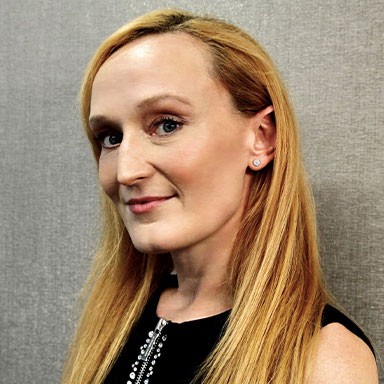November 20, 2019
JERSEY CITY, N.J. — The financial advisory business has been on a 10-year bull run with growing revenue, assets and profits. But according to the recently published 2019 Adviser Compensation & Staffing Study, sponsored by BNY Mellon’s Pershing (“Pershing”), cracks are beginning to emerge.
This year’s study shows that advisory firms continue to drive increased revenue and higher profitability and are generating substantial income for owners. However, productivity is largely flat and compensation is barely moving.
According to the study, conducted by InvestmentNews Research, firms of all sizes experienced double-digit growth with median growth rate reaching 11% in 2018—more than double the growth experienced in 2016. Super ensembles—firms with revenue greater than $10 million—led the pack, with a growth rate of 15%. Firm profitability was also strong, with high revenue growth, flat overhead expenses and lower direct expenses.
The study indicates that revenue increases have not benefited all employees equally in terms of compensation. Executives, particularly CEOs and Lead Advisors, received the largest compensation increases since 2017 with a 9% and a 4.5% cumulative average growth rate (CAGR), respectively. Meanwhile, most other positions experienced modest compensation gains at about 2% CAGR during the same period.
The study also showed that team productivity remained flat. The metrics, revenue-per-staff ($253K) and revenue-per-professional ($464K), have remained mostly unchanged since 2014.
“Stagnant productivity could be a positive indicator if a firm is investing in new talent as recent hires often need time to acclimate and achieve better productivity,” said Christina Townsend, director, Advisor Solutions at Pershing. “However, if you have a mature team that’s firing on all cylinders—and you have not invested in process improvement or automation to help scale service—this could be cause for concern.”
While the study’s findings provide a view into the health of the industry overall, they also provide valuable insights for business owners. Advisors can use the study’s findings as benchmarks to compare their business performance metrics. The data can help assess the health of a firm and identify potential weaknesses.
“In addition to using the study data as a benchmark, advisors should also compare their most recent metrics to their best year’s performance and identify trends over the past five years,” added Townsend. “Strong market performance can sometimes mask deep-rooted issues in an advisory business.”
Other highlights from the study include:
- Advisors are nearing capacity. According to the study, 78% of advisors say they are operating at near capacity. Firms are looking to address the issue by hiring additional junior level staff to support lead advisors.
- Multiple channels drove new business growth. New business growth was realized roughly equally from referrals, new assets from existing clients and new business development efforts. Meanwhile, firms retained all but 2% of their clients, underscoring firms’ success in retaining clients, which is crucial to overall revenue growth.
About the 2019 Adviser Compensation & Staffing Study
The 2019 Adviser Compensation & Staffing Study, sponsored by BNY Mellon’s Pershing, was conducted by InvestmentNews Research between April 11, 2019, and June 19, 2019, among 289 firms who supplied detailed financial information for their organizations. The data collected was analyzed and assessed by InvestmentNews Research and The Ensemble Practice.
